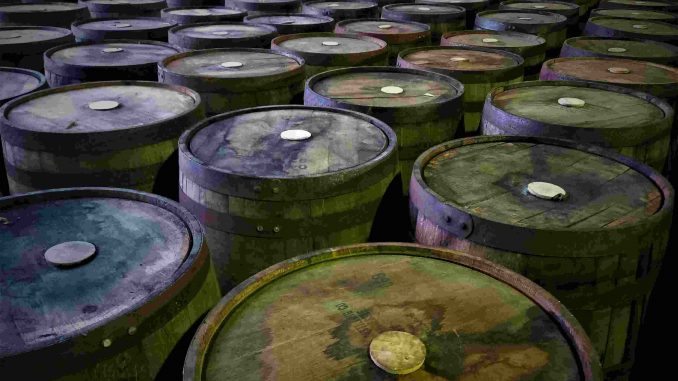
(Note from the author: This is a automated translation of the original German article)
For every experienced whiskey connoisseur it is almost banal
background knowledge: a whiskey must be matured in a wooden barrel
to become a whiskey at all. What sounds simple at first, has a
much broader horizon. Because who ever visited a warehouse, knows:
The variety of barrels is large. Different sizes, different types
of wood and a quantitatively hardly more tangible number of
prior use add up to this variety. In addition, anyone who has
ever compared supposedly identical single cask whiskeys knows that
even almost identical casks have different influences on the
distillate. So is each cask unique? Or are they all ultimately the
same? To find out more, I visited Dair Nua Cooperage, an
independent cooperage in Ireland, in December 2022.
Dair Nua Cooperage: An independent cooperage in Ireland
Dair Nua Cooperage has been operating as a separate company since
January 2022. The name is Irish. Translated, it means „new oak“
and makes a clear connection to the product. Its origins can be
found in the Nephin Distillery, which at its inception had a plan
to combine a distillery and cooperage under one corporate roof.
However, this plan did not work out. While the distillery is
currently still under construction, the cooperage eventually split
off. Dair Nua Cooperage was born as an independent cooperage in
the west of Ireland.
It is located outside Foxford, on the eastern shore of Lough Conn
in County Mayo. It’s half an hour from here to Ballina, home of
the Connacht Distillery. And half an hour south is the town of
Knock, famous for its basilica and the Shrine of Knock. Otherwise,
this part of Ireland is mostly rural. Lots of wide open country,
the large lake Lough Conn and behind it the mountain range Nephin
in the west.
What is a cooperage?
In a cooperage, new barrels are built and used wooden barrels are
repaired and reconditioned. This was once a common profession, as
wooden barrels served people for centuries as storage containers
for all kinds of items. This included wine, beer and all forms of
spirits. But storage habits changed, and materials other than wood
came along. Ultimately, in Ireland, the whiskey industry went
under. All factors that led to the cooper becoming a rare
profession.
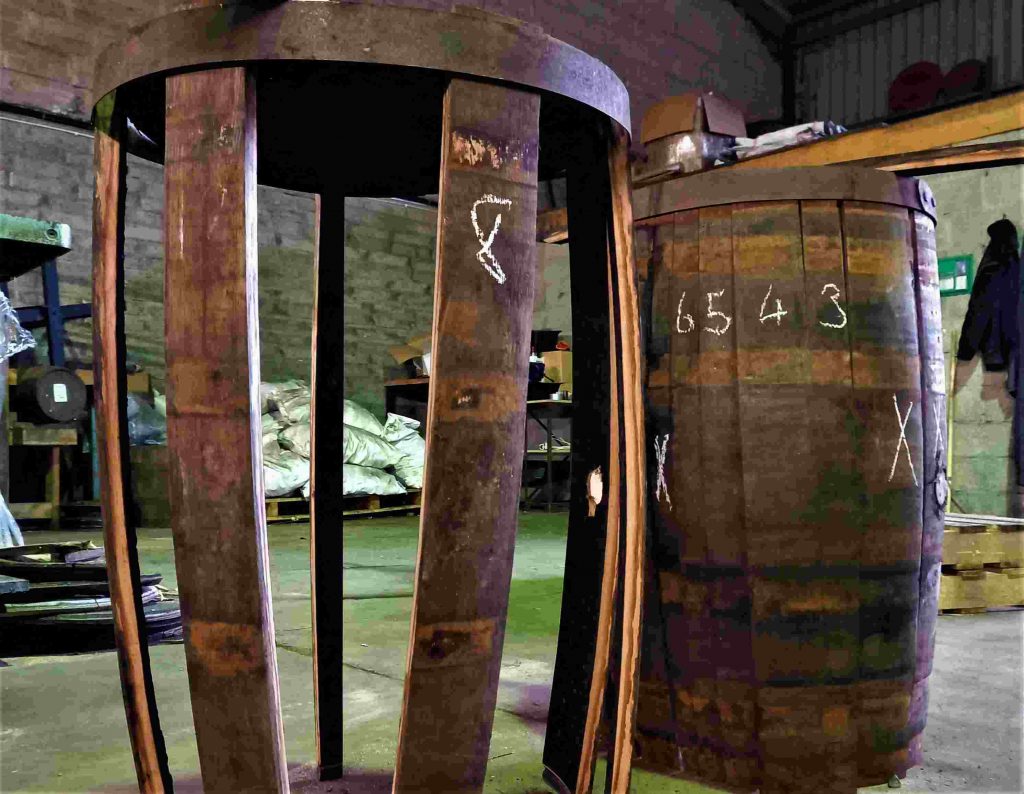
Where are whiskey casks coming from? From the cooperage!
After a journey of almost four hours, I first drive through the
town centre of Foxford. The main road runs through the centre and
leads further north in the direction of Ballina. A few minutes
after the town centre I reach my destination in a side street. A
small commercial complex with simple halls awaits me. I park on
the street at the end of the cul-de-sac and step through an open
metal gate into the yard. The building on the right is divided
into two halls. The larger one is wide open to the side. Next to
it, wooden barrels are stacked up against the wall of the hall to
form a tall pyramid. They clearly signal what this is all about.
I look through a small window into an adjoining room. Two young
men are sitting in it and a woman is standing in the room. I wave
and go into the hall. The woman steps out of the room smiling and
immediately invites me into it. Inside, a heater is running at
full blast, providing a welcome warmth on this cold December day.
The woman is Annette Kearney, owner of Dair Nua, the independent
cooperage in Foxford, County Mayo, Ireland. In the room with her
are her two employees, Darren Leonard and Eoin Mangan. While
Darren is already a trained cooper, Eoin is an apprentice learning
the trade from him. This is the second time I’ve met the trio. In
doing so, our first encounter took place at the Whiskey Live trade
show in Dublin in June 2022. At that time, we initiated what we
did now: A guided tour through the barrel factory.
The cooper: A nearly lost profession
„Dair Nua Cooperage is the first independent Irish-owned cooperage in Ireland
for ages,“ reports Annette. „There aren’t any others. The only
other Irish coopers work for the big distilleries.“ Namely
Bushmills and Midleton. „The last outside of those two worked for
the Guinness brewery and stopped in the 1960s when beer was
henceforth stored in metal casks,“ she continues. „That’s why
Darran, and hopefully Eoin in the near future, are two of then
perhaps only four Irish coopers in total.“
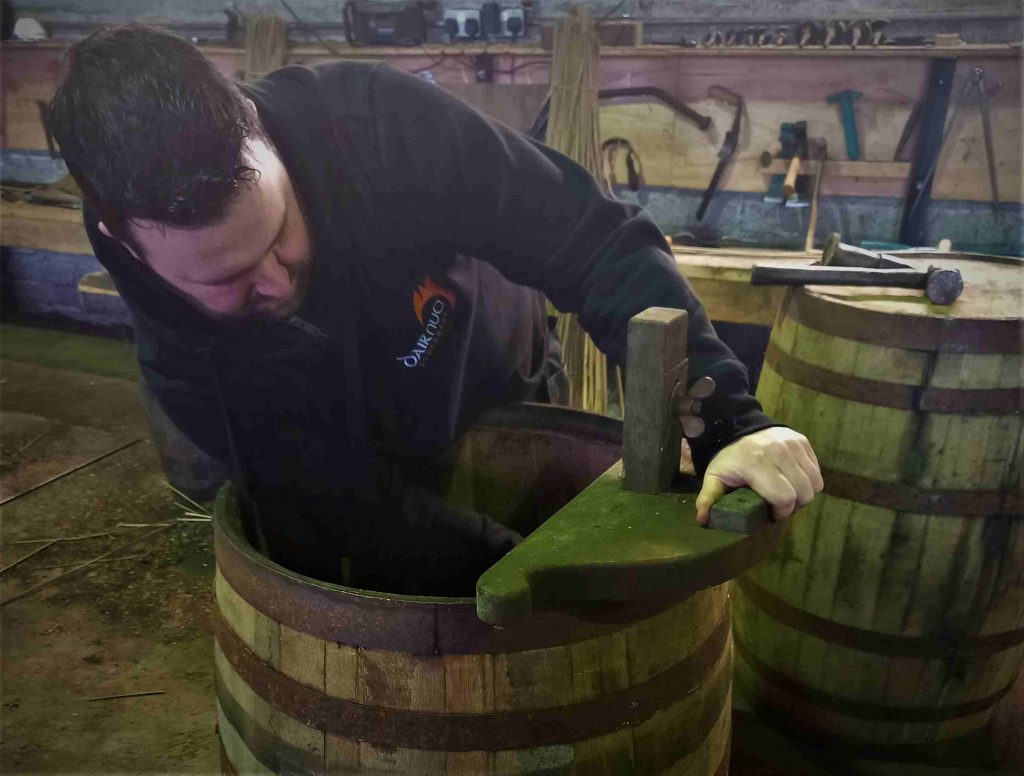
As in so many specialist areas of whiskey production, the demand
for professionals is barely keeping pace with the growth of the
Irish whiskey industry. So, too, is the demand for barrel-making
experts. That’s why Darren learned his craft for four years from
2016 from two Scottish experts who traveled to the Emerald Isle
specifically for this purpose. Eoin now, in turn, is learning from
Darren, who has since moved on to become a Master Cooper. „That
would make Darren the youngest Master Cooper in Ireland,“ says
Annette proudly.
A tour of Dair Nua cooperage in Ireland
We now walk out of the small recreation room into the open hall.
Most of it is filled with barrels arranged in a neat block. „These
are barrels that were recently delivered from a distillery,“
Annette explains. They all need to be inspected, repaired if
necessary, and then refurbished.“ At the Cooperage, these whiskey
barrels begin their second stage of life. Annette explains:
„Brand new barrels start their life cycle with the first
occupancy. The most common are American oak barrels that first
hold bourbon whiskey. After their first emptying, these come to
Ireland and are refilled with Irish whiskey here.“ After quite a
few years, and often multiple occupancies of whiskey, the barrels
need to be refurbished in order to continue to be used for barrel
aging distillate. The same applies to wine barrels.
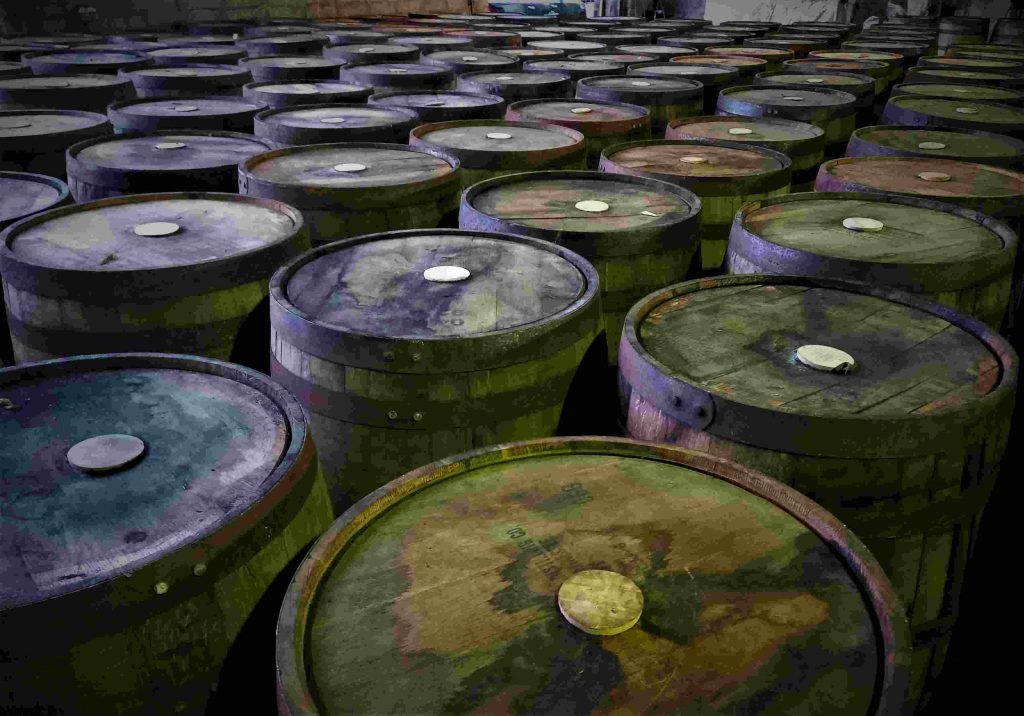
A cooper’s job: inspect, repair, rejuvenile whiskey casks
„The casks we receive are on average ten to twelve years old. But
some of them are as old as 30 or 40″, the owner of Dair Nua
Cooperage, the only cooperage in Ireland, knows. And further:
„They’ve then contained wine, bourbon, and whiskey for such a long
time that the wood is barely actively giving off flavor aromas.
Also, the barrel staves may be leaking or the barrel hoops loose.
This is where our work begins.“ Barrel staves are the name of the
rounded wooden boards that make up the barrel. The metal barrel
hoops, five in total, hold them together with pressure.
Repair works of cask at Dair Nua Cooperage in Ireland
First, cooper Darren and his apprentice Eoin inspect the barrels
and determine a need for repair. If there is one, they carry out
the necessary repairs. We go to the back work area of the hall.
There is a skeleton of a barrel from which they have removed most
of the staves and the barrel hoops. Only the uppermost barrel
ring still holds the whole construction together. This is a good
illustration of the constructional structure of a barrel. Darren
points out the different sizes of the staves. „If one is broken,
you have to find one that is identical in size. Or cut one to
fit,“ he reports. He numbers staves he removes from the barrel
with white chalk. That way, the expert can tell where it belongs
when he reassembles it. Once all the staves are intact and in
place, he refits the barrel hoops. To do this, he takes two tools
– a heavy hammer and a driver – and skillfully strikes
the metal hoops until they are in place. Finally, nothing moves.
Hoops and staves sit rock solid.
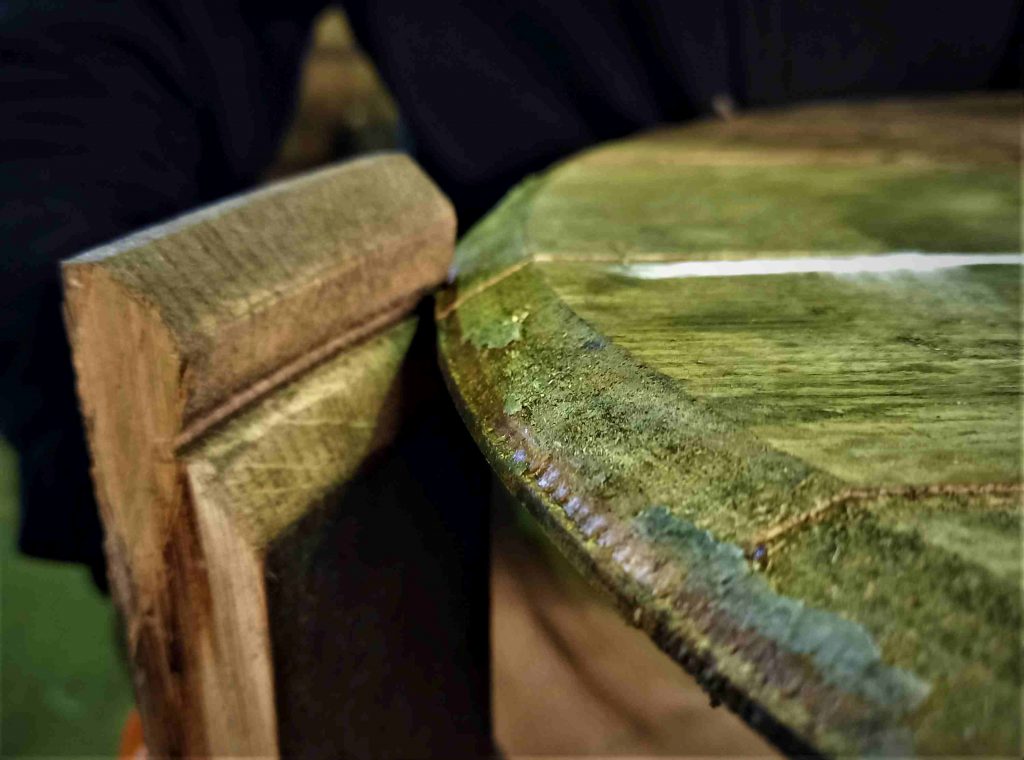
If the lid or end of the barrel is damaged, Darren and Eoin
repair them too or build a new one. To do this, the duo adjust the
staves at their end with special tools until the lid closes
tightly. „What excited me about the job from the start is that
it’s all handwork. And the tools are very
especially,“ says barrel craftsman Darren Leonard. He
demonstrates how he adjusts the narrow guide at the upper end of
the barrel with the so-called crozer so that the lid fits
correctly. This clearly shows why the profession of cooper
requires several years of training. The correct use of the
special tools and skilful precision work lead to the perfect
result.
Rejuvenation: It all starts with de-charring
Once a cask is repaired, it rejoins the rest of the delivered
batch. This is now ready for reprocessing. For this, the barrel is
put into a machine which mills it out from the inside in
millimeter work. This way, the cooper removes a three-millimeterthick
layer of wood from which wine and spirits have drawn their flavors over decades.
„That used to be manual labor, too. But not a pretty one,“ Darren
laughs. The process also removes a light layer of char on the
inside of the barrel. That’s where the term de-charring comes
from. Then comes the second step of reprocessing. The barrel is
re-burned from the inside with a type of scorching. In the
process, a new, thin layer of charcoal forms on the inside of the
barrel.
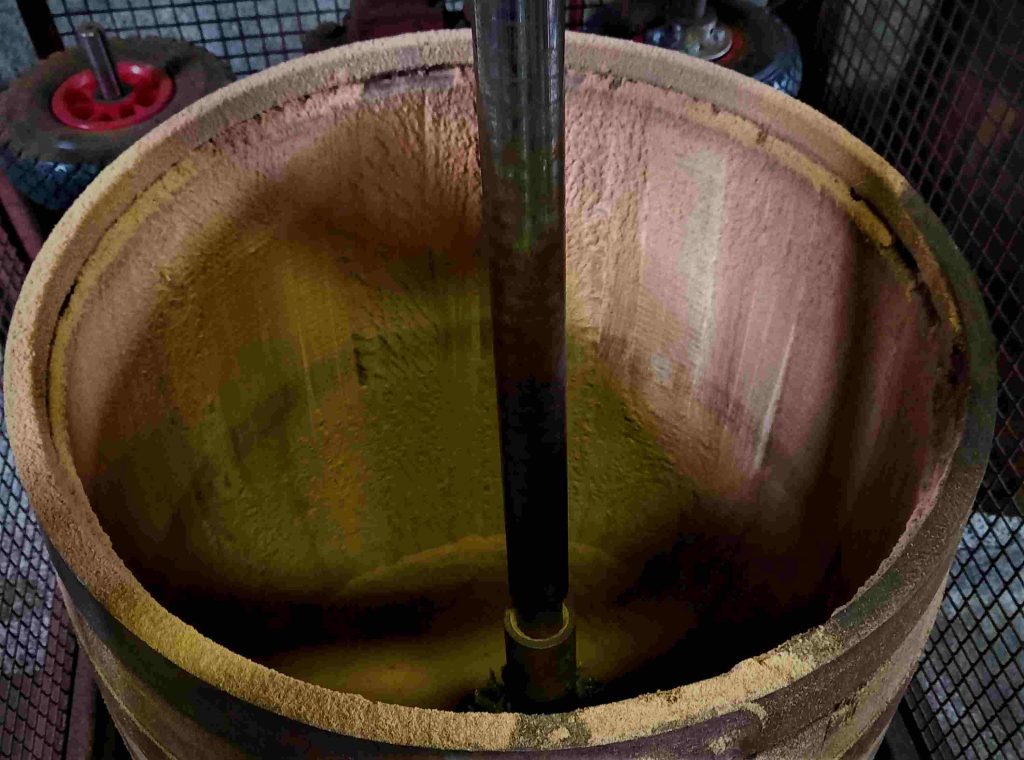
Dair Nua Cooperage in Ireland: Re-charring turns old casks into new
Flaming, known as charring or re-charring in the case of used
barrels, is a standard procedure for wooden barrels. New and
reconditioned barrels are initially charred on the inside. The
process opens the wood pores and triggers certain chemical
processes within the wood cells. This results in the ability of
the wood to interact more strongly with the distillate. At the
same time, the typical wood aromas that connoisseurs find in
whiskey are created. For example, vanilla and caramel aromas are
created. The charring takes place in different intensity levels,
resulting in different degrees of charring. Four charring levels
are exhibited in the Cooperage. From a light level, called
toasting, to the strongest level, called alligator char. In fact,
the inside of the barrel of the Alligator Char is reminiscent of
the skin of the reptile.
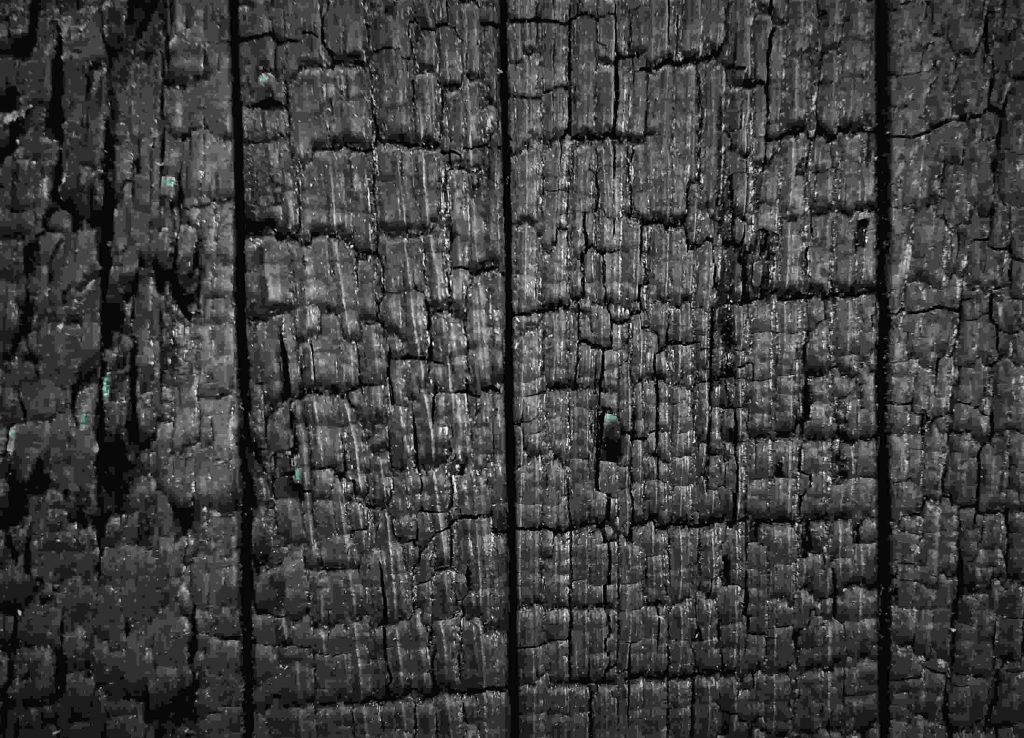
Are all cask the same or unique?
„The cask is now ready to be used again. Basically, it is now
again very close to the level of a Virgin Cask, thus, a cask
before the first filling“, Darren concludes the tour. Now it
becomes clear that the variety of different types of casks
described at the beginning does not play too big a role for the
cooper’s work. Because the construction structure of the barrels
is always the same and the preparation process is identical. „In
their structure, all barrels are the same, no matter which wood,
no matter which barrel volume, and no matter what was stored in
them before,“ explains Darren, the budding master cooper.
„Of course, some types of wood are more porous and others are
harder. It’s important to keep that in mind when you’re working
on it so you don’t accidentally damage something. But at the end
of the day, the job is always the same.“
A cooper’s advice on how to store wooden casks correctly
We are back in the lounge and the small heater warms us up again.
I look outside where barrels are stored at the opposite end of the
yard. I ask how to store empty barrels optimally. To this Darren
again: „Ideally protected from rain. And lying down. So that no
standing water accumulates despite everything. Otherwise, the
climate in Ireland is ideal for long-term storage, even outdoors.
It doesn’t get too warm here. Too much sun and heat dry out the
wood and deform it.
Then a barrel can leak quickly,“ he explains. „That’s why it’s
best to store barrels filled with liquid rather than empty. As
long as the construction is under pressure, it doesn’t change.“
The future of Dair Nua Cooperage in Ireland
Dair Nua does not build new buildings. Annette reports: „We
started by trading barrels. My business partner Paul is located in
Bordeaux, so in the middle of a stronghold for used wine barrels.
Basically, however, we get barrels from everywhere.“ The cooperage
then prepares them and offers them to distilleries. „We get a lot
of requests for barrels. On the one hand, there is a shortage on
the market for bourbon barrels at the moment. On the other hand,
Irish distilleries are looking for extraordinary
casks to distinguish themselves on the market with a special
finish“, she describes the current demand. Many younger Irish
distilleries have used their first casks in recent years and
filled whiskey for the second time. With each additional bottling,
the need to repair and recondition these aging barrels increases.
That’s why Annette’s demand is constantly increasing. „We need
more people and more space,“ she says.
„We’re also working on automations like de-charring, so we want
to make manual labor more efficient with machines.“
She sees the automations themselves as a double-edged sword. The
profession of cooper was already threatened to die out and was
only recently revived with Darren and Eoin. However, to meet
demand and work economically, machine use is necessary. „The more
work that is done by machines, the less you need the expertise and
craftsmanship of the cooper. Yet that’s what we want to keep alive
and encourage,“ she says, describing the dilemma. That’s why
Darren, and later Eoin, should continue to train and ensure that
more and more young people pursue the profession of cooper. „I
would be happy if there were also female interested parties,“ says
Annette. „That would be an important concern for me.“
